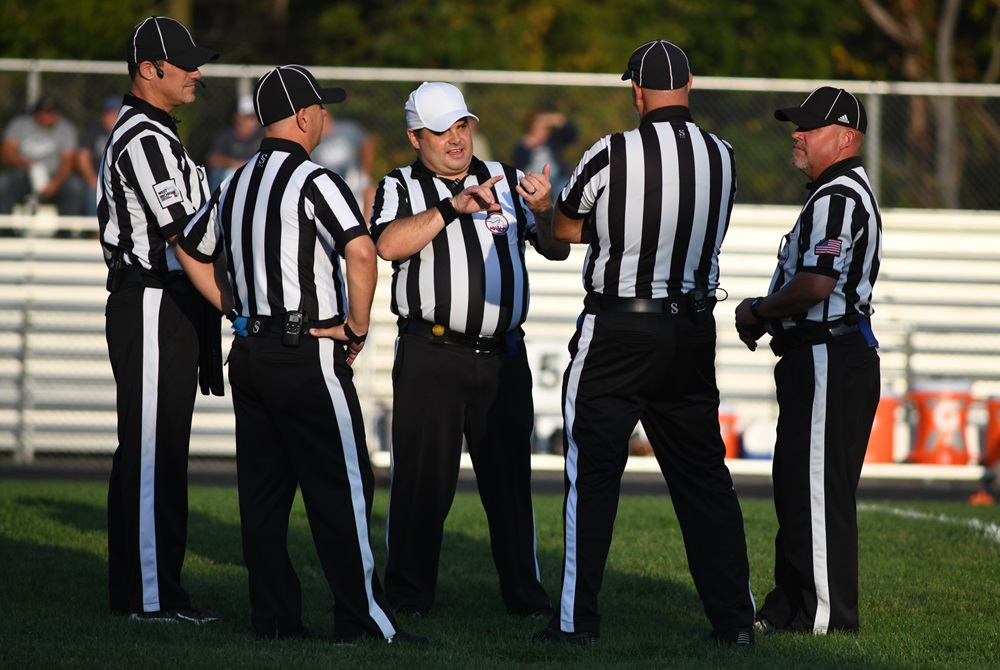
Beyond Fairness
April 11, 2017
One of the lessons I learned decades ago when I was employed at the National Federation of State High School Associations (NFHS) is that sometimes the playing rules are not fair.
The NFHS is the publisher of playing rules for most high school sports, and its rule books govern competition for most of the contests for most of the high schools in the U.S.
But the NFHS doesn’t publish the most fair rules. On purpose.
The rules for the high school level attempt to do much more than promote competitive equity, or a balance between offense and defense; they also attempt – without compromising participant health and safety – to simplify the administration of the game.
Unlike Major League Baseball, where umpires officiate full-time, and professional basketball, football and ice hockey where they officiate nearly full-time, the officials at the high school level are part-timers. They have other jobs. This is their avocation, not their vocation.
So the NFHS develops and publishes rules that minimize exceptions to the rules. In football, for example, there are fewer variables for determining the spot where penalties are enforced.
At the high school level, the rule makers intend that the rules be – for players, coaches and officials alike – quicker to learn, simpler to remember, and easier to apply during the heat of contests.

Be the Referee: Football OT
By
Paige Winne
MHSAA Marketing & Social Media Coordinator
November 5, 2024
Be The Referee is a series of short messages designed to help educate people on the rules of different sports, to help them better understand the art of officiating, and to recruit officials.
Below is this week's segment – Football OT - Listen
We’ve got a football overtime question for you today. In high school, what is the only way a defensive team can score in overtime?
- Can they return an interception for a touchdown?
- Can they pick up a fumble and take it back for a touchdown?
If you said yes to either of those, you’re wrong.
In overtime, if the defense gains possession of the ball – be it by fumble or interception – the play is over. There’s no advancing of the ball, and the offensive possession is over.
So back to the original question: How can the defense score in overtime? There’s only one way – via safety. And with teams starting at the 10-yard line, that would be a pretty wild play – and it would end the game with the defensive team victorious.
Previous 2024-25 Editions
Oct. 29: Officials Registration - Listen
Oct. 22: Volleyball Serve - Listen
Oct. 15: "You Make the Call" - Soccer Offside - Listen
Oct. 8: Roughing the Passer - Listen
Oct. 1: Abnormal Course Condition - Listen
Sept. 25: Tennis Nets - Listen
Sept. 18: Libero - Listen
Sept. 10: Cross Country Uniforms - Listen
Sept. 3: Soccer Handling - Listen
Aug. 24: Football Holding - Listen
PHOTO An officiating crew confers before this season’s Fowler/Bath varsity football game. (Photo by John Johnson.)

